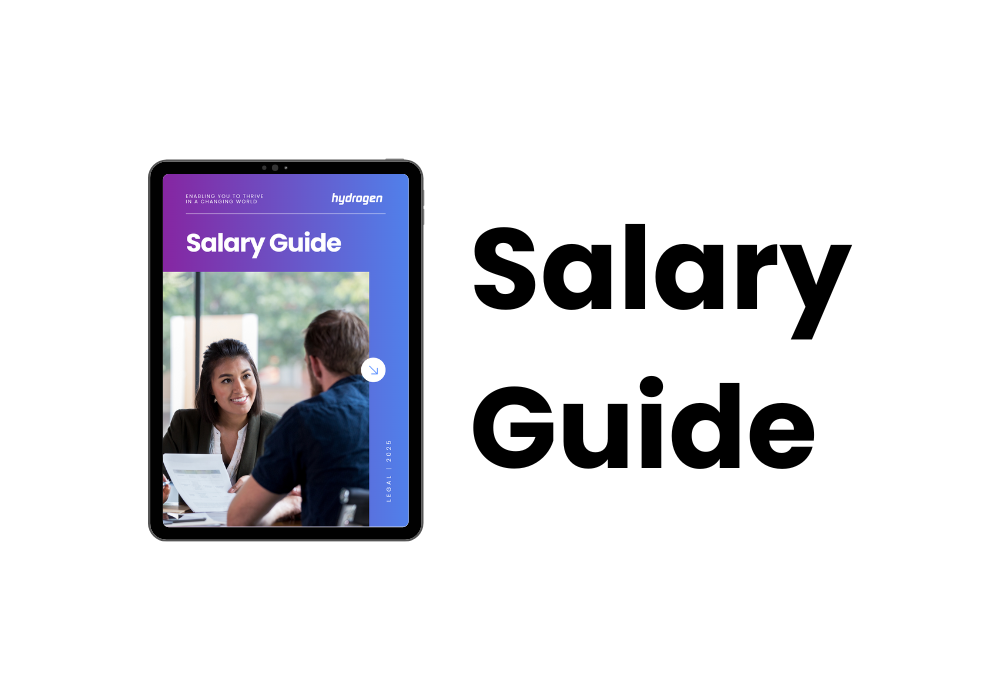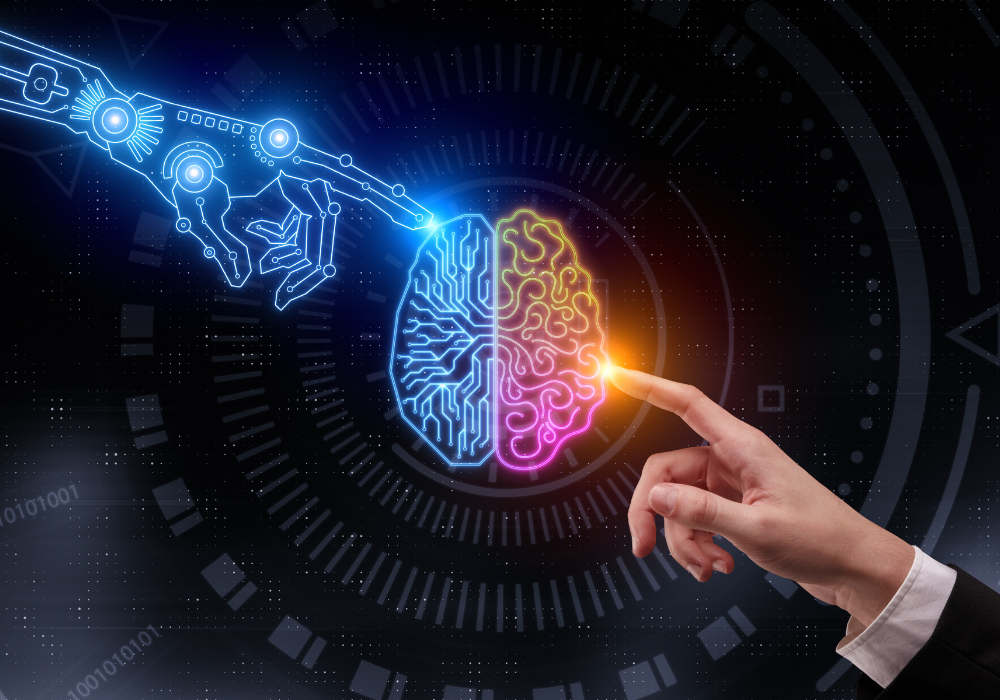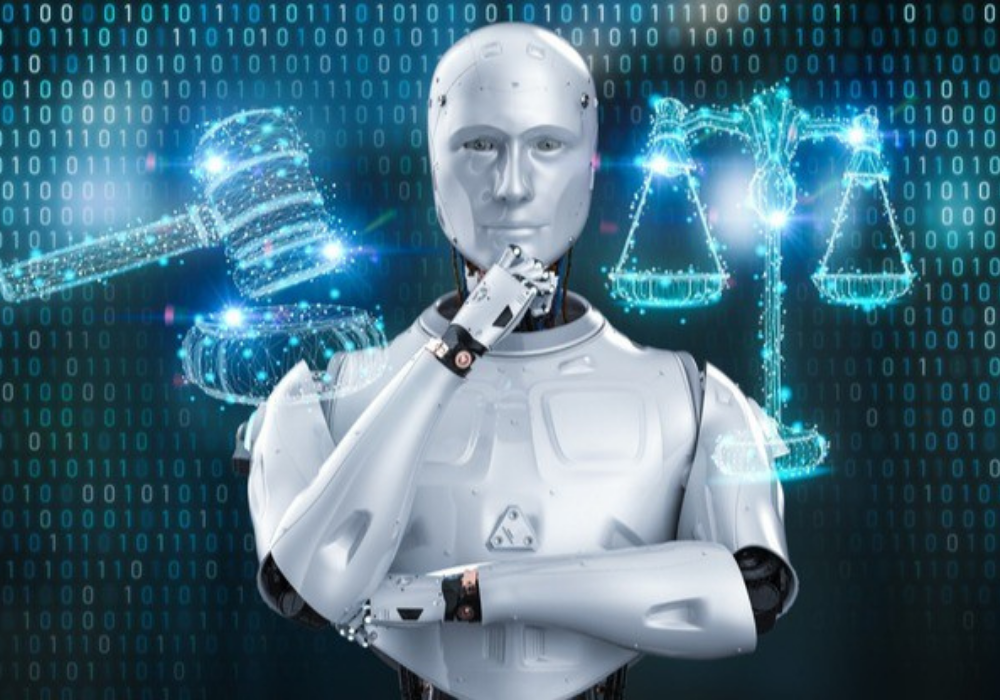Digital Disruption Series: Amit Gupta
Amit Gupta is the CTO at Canopy. He has 17+ years of experience in software engineering, product development & digital transformation, he has also co-founded three technology start-ups and has proven expertise in building for scale.
What are your thoughts on the digital transformation landscape?
Digital transformation started from the day technology started as technology is dynamic at its core. As the great philosopher, Heraclitus said, change is the only constant. It’s just that in the digital world, it’s happening at a very fast pace, one that is dramatically different than what it was a few years ago. The way in which we’ve adopted technology has changed who we are, down to our inert behaviors. The way we behave – eat, relax or whatever we do, is affected by technology, to a point where we need technology to move away from technology.
If you look at the obstacles in starting a business, they have come down massively. Very established businesses are getting disrupted by somebody who nobody knew. Technology advancements like cloud computing, artificial intelligence, machine learning, and virtual reality coupled with gig economy people who are working for themselves, as open-source contributors, and as researchers, all contributed to the digital transformation landscape.
If you look at the example of Lambda School, it’s a new education concept where you learn to code without paying anything upfront, but abide by an ISA (Income Share Agreement) which kicks in when you are employed and have a defined repaying capacity, then you’ll have to pay a certain percentage of your monthly income for a fixed period of time. We humans have always been thinking in a linear way where everything is designed as a step-by-step process, and that’s how all businesses have been thinking. Colleges and universities have always thought that classroom education is something essential and never thought about disruptions. Lambda, on the other hand, is a digital transformation initiative that is changing the education business model and how we look at the industry.
–
How is your company utilising Artificial Intelligence and what real-world problems are they solving?
If you look primarily at what Canopy does, we are a technology-enabled data company that provides account aggregation, portfolio analytics, and client reporting solutions. For a typical case with a high net worth individual, they would invest across geographies to hedge risks, which will, in turn, create the problem of it being hard to track. In the absence of standardisation across banks, it would be virtually impossible to run analytics and figure out what’s happening with their combined wealth. That’s where Canopy comes in, we bring all that data together in one place and allow you to run analytics, compare across data and infer actionable insights. To do this, we connect to various data formats – structured and unstructured.
As every bank speaks a different language, we employ a lot of machine learning and intelligence to help convert those into a common language which investors can look at and understand. Having to touch around 100+ banks’ data continuously, we use an AI solution to process the PDF bank statements to extract, identify, tag, transform, enrich, escalate (on need basis) and insert the data into our database where our clients can look at in a matter of minutes. The solution has massively helped define who we are, helping us reach more clients and serve them at a faster speed.
We did this without any efforts from our banking partners, which would’ve otherwise taken them 2 to 3 years and a lot of money to achieve. Apart from using it to better keep track of their wealth, we also see our clients using Canopy for financial reporting such as income tax filing and regulatory reporting, and those would be some of the problems that we’ve helped solve.
–
Have you encountered any challenges in recruiting the best talent in Canopy?
Both yes and no. I’d say yes because it is difficult to find and retain talent. Being a start-up there are limited resources, that coupled with the limited talent pool in Singapore may pose as a challenge because we might not be able to offer as much as what other companies do. On the other hand, I’d say no because we have cracked the magic sauce of maintaining a healthy balance of remote with in-house. We have successfully hired great remote developers, spread across different geographies, who are able to produce the same consistent output as our regular developers. It did take us some effort to reach there but we are here and content with the situation.
–
Can candidates upskill for machine enabled programming?
Absolutely. For me, the most important thing is always the attitude and whether you are respectful. It’s not rocket science to learn anything, so if you have the right attitude and really want to learn, it’d just be a matter of time. We’ve had someone who joined not knowing anything about cloud or machine learning went on and became an expert in the matter one and a half years later. We care about our employees and focus on upskilling them, helping them become who they want to be and realise their full potential.
–
What qualities and skillsets would your ideal candidates have?
The right attitude, respect, and good communication skills. Having the ability to listen to someone, to focus, strive towards finding a solution and get something out of conversations are very crucial skills.
–
Any success stories in Artificial Intelligence/Digital Disruption that you can share with us?
Banks have two kinds of data - transactions and holdings. We are a transactions booking system and use transactions to arrive at holdings, which requires a lot of heavy lifting to reach and match. The data provided by the bank is not categorised in a clear and concise manner and the calculation formulas also vary across banks; we use machine learning abilities to help us match it to the cent.
–
What advice would you give to companies looking to invest in artificial intelligence?
First of all, figure out if you really need artificial intelligence, is there a real application for it or are you simply looking to employ a buzzword. If you do have an application, setting the right expectation throughout the organisation would be crucial, because often at times people have unrealistic expectations from them. While machines can learn and not risk forgetting, their learning depends on the data you give them. Figuring out the data definition layer across the organisation is crucial. Therefore, finding the right talent, setting the right expectations, setting up realistic timelines, having an understanding of data and finding the right methods would be instrumental to successful implementations. Such decision-making requires experience, if you don’t have it, ask for help or find other ways to acquire that knowledge.
–
What do you think would be the next frontier for Artificial Intelligence/digital transformation?
Just as the world is constantly changing, possibilities for AI and digital transformation would be endless. One example would be my shoulder injury, where the recovery process is a rigorous physiotherapist regime. In this day and age, not everyone can afford such a regime, primarily because of time and money concerns. I went beyond the brief and made a small mobile app, it records all the exercise I do at home and tells me in real time the rights and wrongs, and measures joint movements and restrictions. It has brought unparalleled clarity in my impairment.
These are the kind of possibilities which are waiting in the next frontier. If you want to learn dancing, you may not have to go anywhere and someone can teach you remotely and offer insights that are far greater than what’s possible in-person, because a machine would be able to look at and analyse your movements more thoroughly than what a person can normally do.
Machine-based solutions that focus on solving specific problems will soon become the order of the day. It will not be limited by physical presence, disabilities or class, because technology will then be omnipresent.













